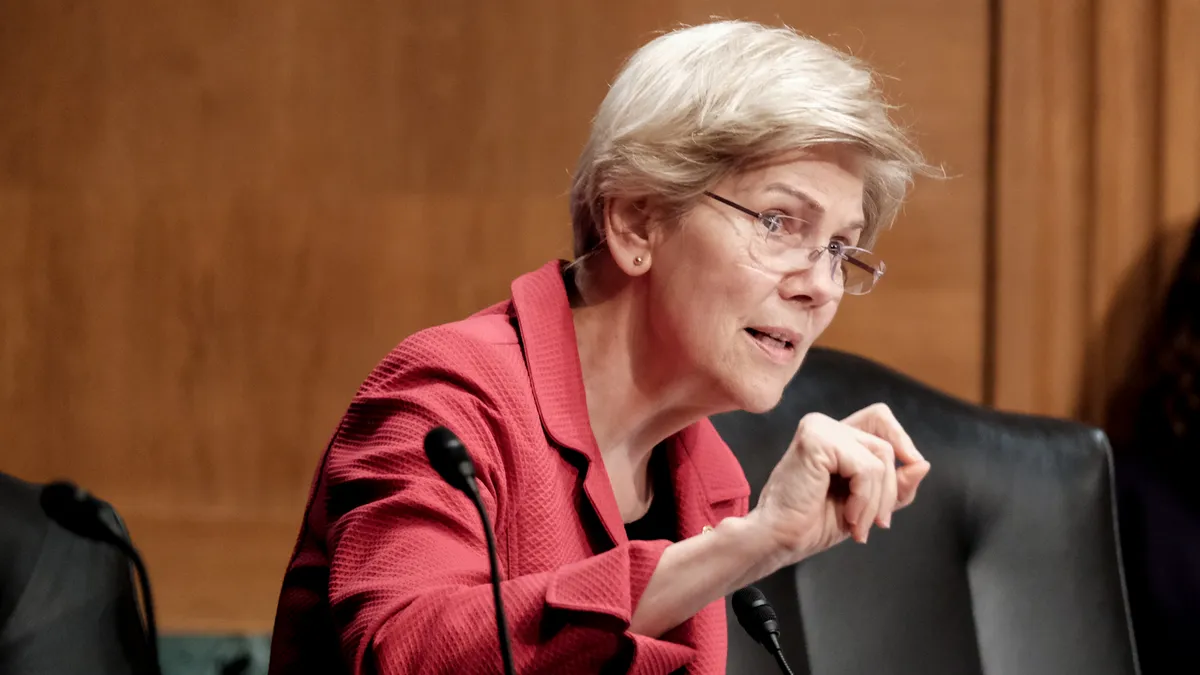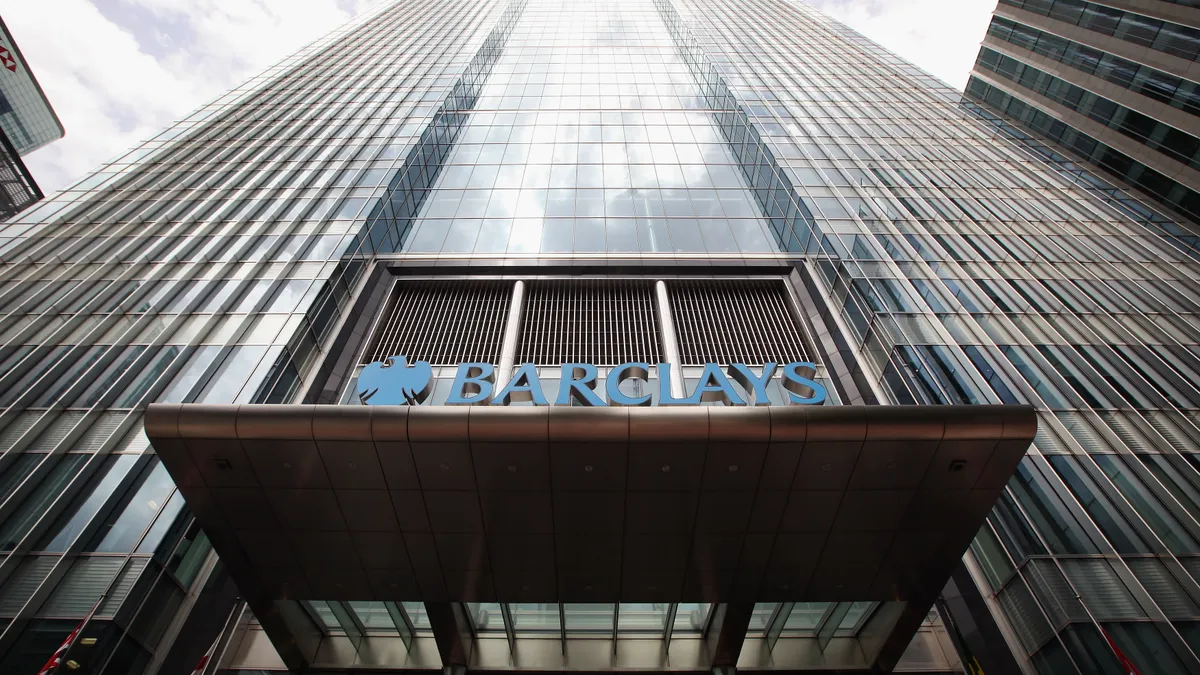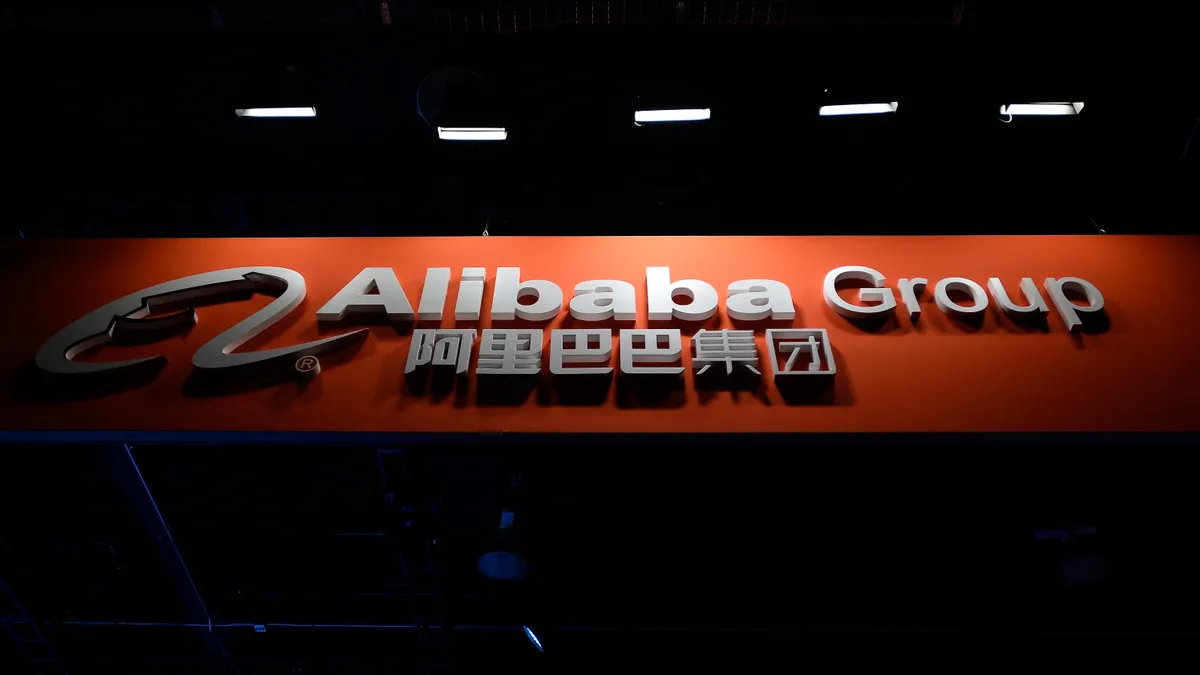Tech giants Google and Apple have payments businesses that have been steadily growing in importance to their bottom lines. But their payments plays are facing increasing legal pressures from other companies and government agencies.
Some of that pressure is coming in the form of lawsuits, and some in the form of regulation. But there is a common cause: Google and Apple have made it easier to pay online and in person with a device, keeping out competitors eager for a cut of the payments revenue.
Mountain View, California-based Google, which is owned by parent company Alphabet, lost a federal court battle last year with Epic Games, maker of the popular video game Fortnite. The tech giant said it will appeal a finding by a California court that it maintained an illegal monopoly through its app store for phones using its Android operating system. At stake is Google’s revenue from in-app purchases, of which it takes a cut of up to 30%.
“We plan to challenge the verdict,” Google Vice President Wilson White said in an emailed statement. “We will continue to defend the Android business model and remain deeply committed to our users, partners, and the broader Android ecosystem.”
Cupertino, California-based Apple mostly prevailed in a similar lawsuit in a federal court in California’s northern district brought by Epic Games in 2021. However, Epic appealed that ruling to the San Francisco-based 9th U.S. Circuit Court of Appeals. Both Apple and Epic appealed the second ruling to the Supreme Court last July, but on Tuesday the justices declined to hear the case, according to a report by Reuters.
But if Google and Apple are forced to allow in-app payments processing by rivals, it doesn’t mean it will be an easy way for other companies to earn revenue. “I think the payments companies will find that, operationally, that is a much more difficult lift than people think,” said Chris Daniel, a partner at law firm Paul Hastings, in an interview. “The technology build-out … could present real technological challenges for the traditional payments companies.”
The Epic lawsuit is just the start of Apple’s challenges to its payments business. A federal judge ordered the company last September to face a class-action lawsuit in a federal court in California’s northern district led by three card issuers. The plaintiffs argue that Apple has created a monopoly by restricting access to the tap-to-pay functionality on its devices.
The U.S. government is also interested in making Apple open tap-to-pay to rivals. The Consumer Financial Protection Bureau released a report the same month as the judge’s order that said Apple’s current restrictions “reduce consumer choice and inhibit progress toward a more robust open banking ecosystem.”
In Europe, the tech giant offered to open up access to tap-to-pay for rival apps, according to a December report by Reuters, citing unnamed sources.
In another lawsuit seeking class action status, customers of payments apps Venmo and Cash App sued Apple last November. The suit alleges that Apple’s agreements with the app makers keep them from adding features that could threaten the tech giants’ peer-to-peer payment feature.
And just last month a beverage retailer in Illinois filed a complaint against Apple and card networks Visa and Mastercard. That proposed class-action lawsuit alleges that the tech giant chose to take payments from Visa and Mastercard, rather than compete with them directly for in-store payments.
Harvard Business School Associate Professor Andy Wu believes these lawsuits, brought by unlikely plaintiffs, are being bankrolled by companies looking to take a bite out of Apple’s business.
“There’s a number of aggrieved companies that are using these lawsuits as a channel through which to put pressure on Apple to voluntarily change its policies,” Wu said in an interview. He added that the lawsuits also serve the purpose of bringing government scrutiny to Apple’s business strategy. And that tactic may be working.
The U.S. Department of Justice may open a sweeping antitrust case against Apple, according to a report last week from The New York Times. The department’s case could take aim at Apple’s payments system for the iPhone, the Apple Pay service, tap-to-pay functionality on iPhones and Apple’s practice of taking a cut of purchases made inside apps.The case could land as early as the first half of the year, the report said.
Wu believes the DOJ will likely file this case, calling it both “very important” and “the natural culmination of all the other cases.” Apple has been looking to services revenue, such as payments, to offset slowing sales of iPhones. If the DOJ were to prevail in court, the tech giant would face increased competition for that revenue.
“This is definitely a big issue for Apple going forward,” Wu said. “Both in a direct revenue sense, but also in an identity sense in that the walled garden strategy is core to how Apple does business.”
Apple did not respond to requests for comment on the multiple lawsuits challenging its payments business.
Lynne Marek contributed to this story.




















